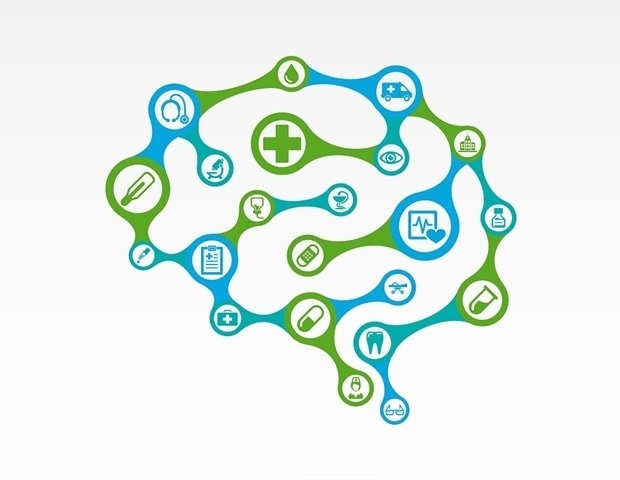To improve understanding of mental health, today's symptom-based diagnoses need to be complemented with biological criteria accounting for differences between individuals and the sexes. A major EU-funded research project, coordinated by Uppsala University, will pursue an interdisciplinary path towards better strategies to protect vulnerable individuals from mental illness.
Mental illnesses represent a significant burden on society, the economy and the individuals affected. The Building Resilience against Mental illness during Endocrine-sensitive life stages (RE-MEND) research project will focus on four critical life stages at which an individual's susceptibility to mental illness is strongly influenced by changes in hormonal signaling: early life, puberty, peripartum, and transition into old age.
One of the main objectives is to integrate data from large population-based longitudinal cohort studies, allowing for discovery of early risks as well as protective factors that influence mental states in the general population across these life stages.
If we understand how an individual's genome and environment interact to make it more susceptible or resilient to mental health issues, we can prevent instead of treat mental disorders."
Joëlle Rüegg, Coordinator of RE-MEND and Professor of Environmental Toxicology, Uppsala University
An important feature of the project is that it will integrate biological, medical and social aspects. For example, findings in human data will be complemented by experimental studies to establish correlative and causative links leading to a mechanistic understanding of mental health and illness. Furthermore, communication scientists will investigate how the project's findings can be used to change medical practices and reduce stigma against affected individuals.
"Interdisciplinarity is key to solving today's challenges such as the rise of mental disorders," adds Rüegg.
The EU collaboration paves the way towards validated biomarkers for assessing the state of a person's mental health, predisposition to illness and personalized preventive and therapeutic measures. The aim of RE-MEND is to produce better strategies to protect vulnerable individuals from mental illness during sensitive life stages and to decrease stigma associated with mental health issues.
Uppsala University
Posted in: Medical Condition News | Healthcare News
Tags: Dentistry, Endocrine, Genome, Medicine, Mental Health, Psychiatry, Puberty, Research, Research Project, Toxicology
Source: Read Full Article
